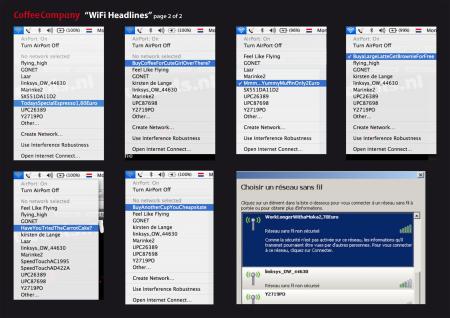For those who have wondered, the Nudge blog will be back in full force in 2009. For the time being, the Washington Post reports on an idea that mixes libertarian paternalism with good old-fashioned monetary incentives devised by the Wholesome Wave Foundation.
In the spring, it launched a program that doubles the value of food stamps and fruit and vegetable vouchers of low-income mothers and seniors who use them at farmers markets in Connecticut, Massachusetts and California. The Wholesome Wave matching grants were an instant hit at the City Heights market in San Diego. On the first day that matching funds became available, sales using government-issued electronic benefit cards soared by more than 200 percent. In subsequent weeks, the line to receive matching vouchers formed at 7:30 a.m., and the available funds were exhausted by 9:30 a.m., just 30 minutes after the market opened.
“We’re not taking away your benefits because you spend them on Twinkies,” said Michel Nischan, a Connecticut chef and president of Wholesome Wave. “But if you decide you want to spend it on fresh tomatoes, you’ll get double your money.”
And some Congressional testimony on why creative nudges like this will be needed to solve health problems like obesity.
“Research is clear — handing out nutrition brochures does not work,” Eileen Kennedy, dean of the Friedman School of Nutrition Science and Policy at Tufts University.



